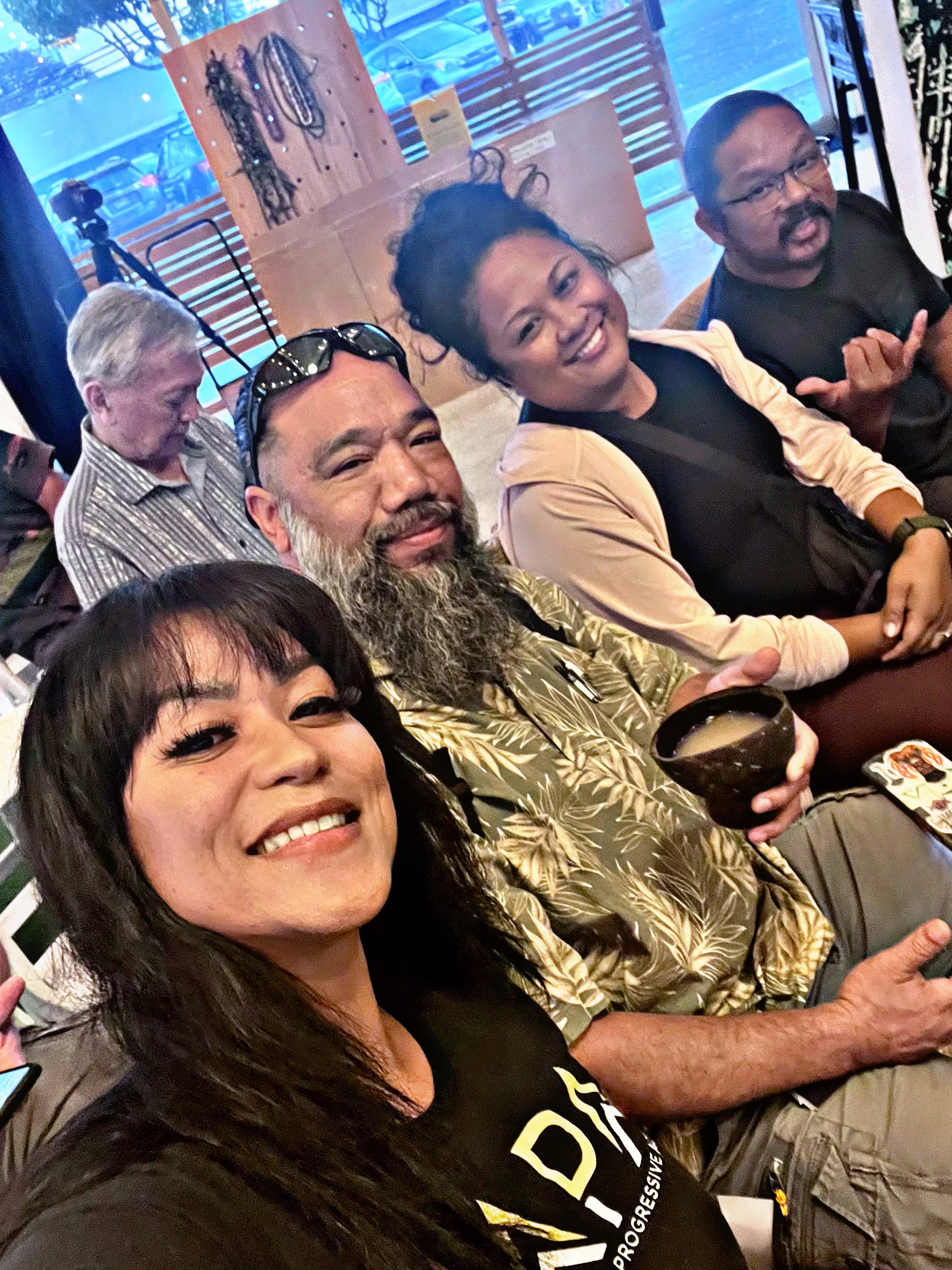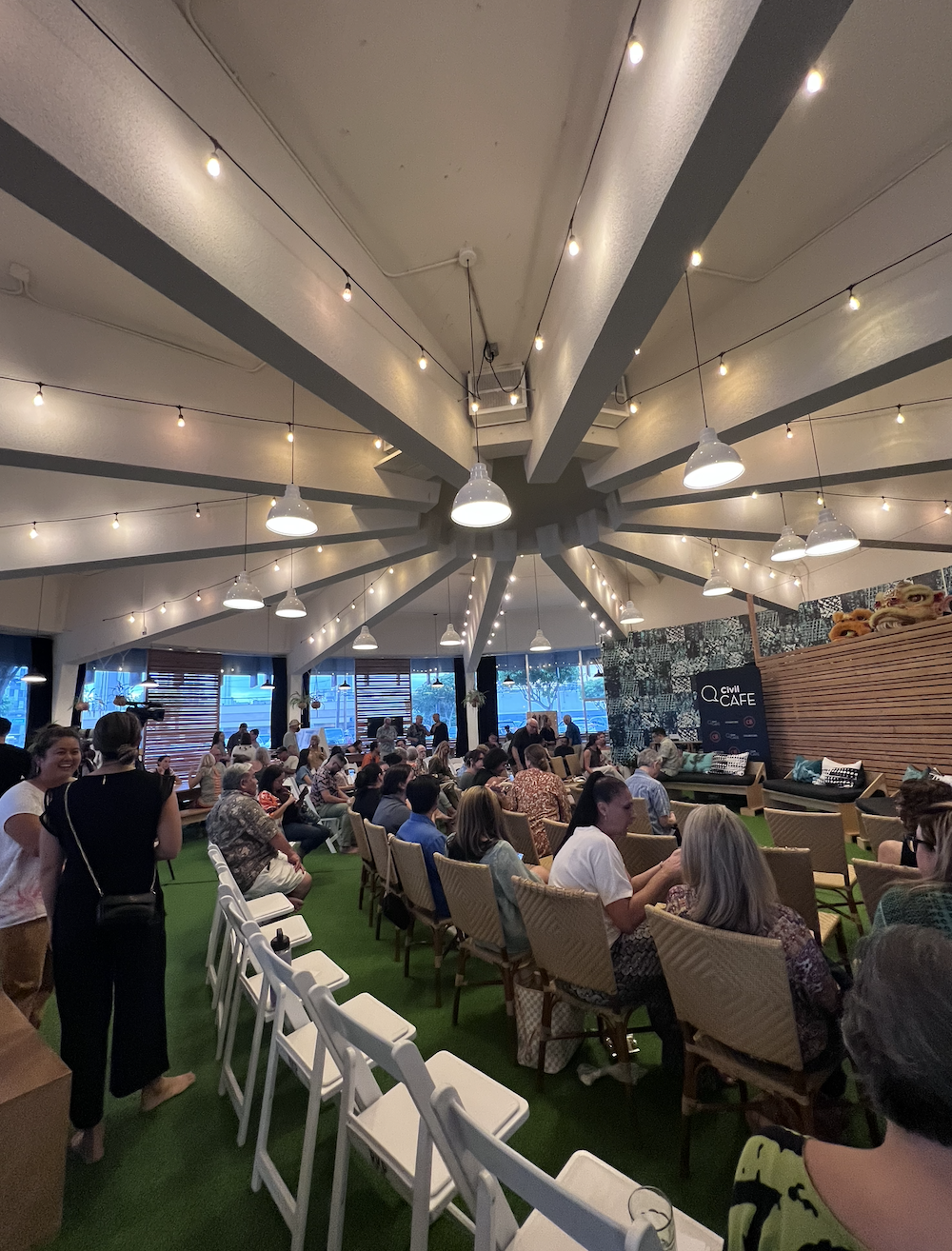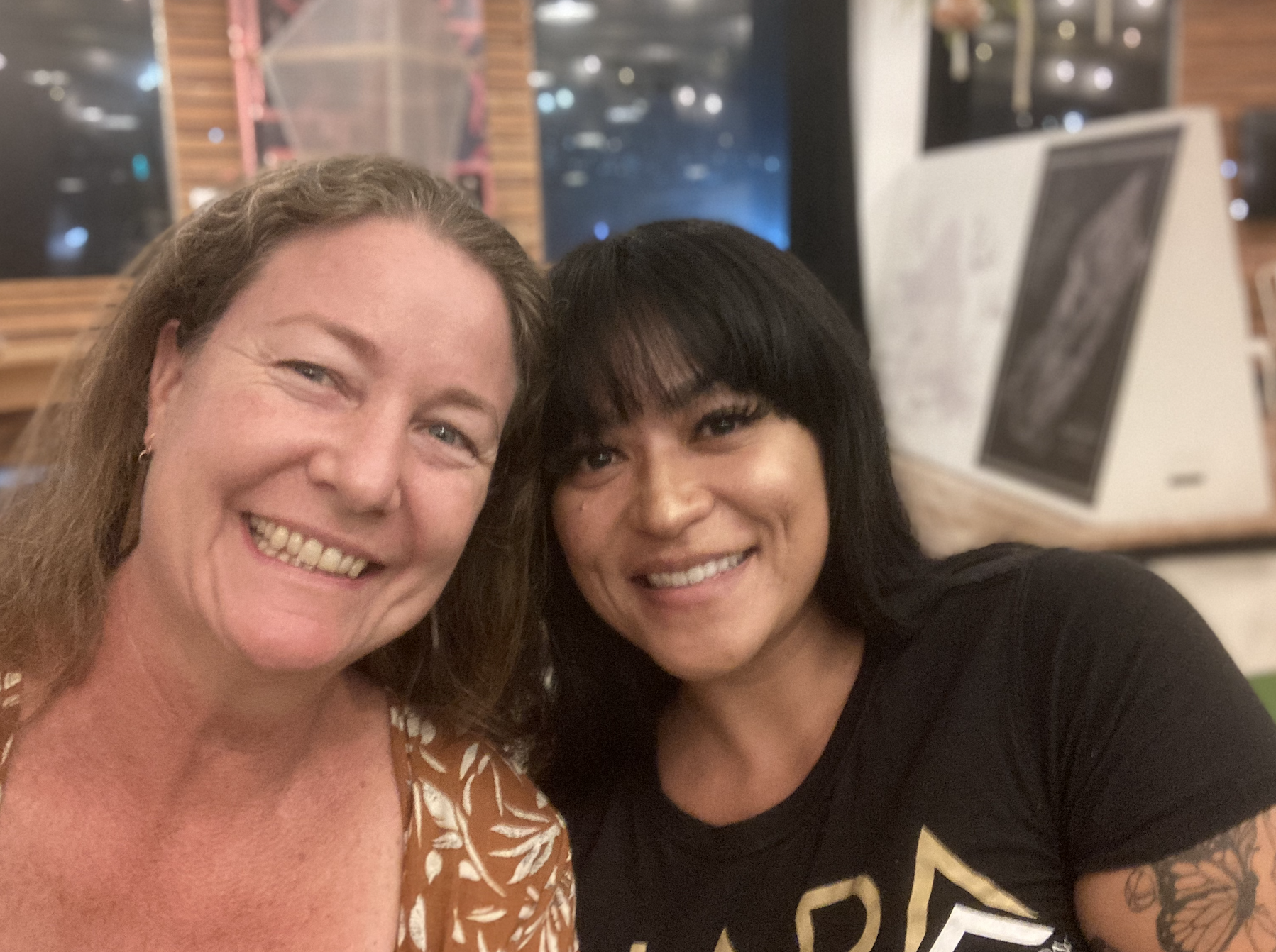Disaster Preparedness and Food System Resilience in Hawaii: Best Practices and Lessons Learned from a Summer of Extreme Weather
Hawaiʻi is a place that is highly vulnerable to natural disasters, including hurricanes, tsunamis, and volcanic eruptions. In recent years, the state has experienced a number of extreme weather events, including the 2018 Kilauea eruption and the 2023 Maui fires. These events have highlighted the need for improved disaster preparedness and food system resilience.
Best Practices
Some of the best practices for disaster preparedness and food system resilience in Hawaii include:
Diversification: Diversifying the food system by supporting a variety of local farms and producers can help to reduce the state's reliance on imported food and make the food system more resilient to disruptions.
Local production: Increasing local production of food can help to reduce the state's vulnerability to supply chain disruptions.
Food storage: Having a supply of food on hand can help to ensure that people have access to food in the event of a disaster.
Education and outreach: Educating the public about disaster preparedness and food system resilience is essential for building a more resilient community.
Lessons Learned from a Summer of Extreme Weather Events
The summer of 2023 saw a number of extreme weather events in Hawaii, including the Maui fires, which displaced thousands of people and destroyed hundreds of homes and businesses. These events highlighted the following lessons for disaster preparedness and food system resilience:
The need for coordination: Effective disaster response and recovery requires coordination between government agencies, businesses, and non-profit organizations.
The importance of local knowledge: Local communities have valuable knowledge about the risks and vulnerabilities in their area. This knowledge can be used to inform disaster preparedness and recovery efforts.
The need for equity: Disasters often disproportionately impact marginalized communities. It is important to ensure that disaster preparedness and recovery efforts are equitable and inclusive.
How It Connects with Hawaii Alliance for Progressive Action
The Hawaiʻi Alliance for Progressive Action (HAPA) is a Hawaiʻi-wide organization working in coalition with a variety of organizations and partners to build a more equitable and sustainable Hawaii. HAPA advocates for a number of policies that are relevant to disaster preparedness and food system resilience, including:
Supporting local agriculture: HAPA supports policies that support local farmers and producers, such as land access programs and incentives for agricultural businesses. HAPA focuses on support for regenerative agriculture practices which bolster Hawaiʻi climate resilience.
Promoting food security: HAPA advocates for policies that help to ensure that all people have access to healthy and affordable food, such as the expansion of SNAP and other food assistance programs.
Addressing climate change: HAPA recognizes that climate change is a major threat to disaster preparedness and food system resilience. Our food system can play a major role in either exacerbating or mitigating climate change. The organization advocates for policies to reduce greenhouse gas emissions and build resilience to climate change impacts.
HAPA's work on disaster preparedness and food system resilience is essential to building a more just and equitable Hawaii. By supporting local agriculture, promoting food security, and addressing climate change, HAPA is helping to create a food system that is more resilient to disasters and that can meet the needs for all Hawaiʻi.
Information Provided from Event Coordinators below:
The Maui fires exposed Hawaii’s vulnerability to extreme climate change-induced weather events, once again raising questions over how disaster-ready the state is. This panel discussion highlighted the needs and strategies for building greater food system resilience and disaster preparedness for Hawaii.
Presented by The Hawaiʻi Institute for Sustainable Community Food Systems at University of Hawaiʻi – West Oʻahu, Honolulu Civil Beat, UH Better Tomorrow Speaker Series, and Waiwai Collective, this series is meant to generate key opportunities for community dialogue among a diverse audience, aiming to achieve a healthy, equitable, resilient and sustainable food system for Hawaii.
Featured Panelists:
Chad Buck – Founder and Owner of Hawaii Foodservice Alliance
Jennifer Walter – Deputy Director of Department of Emergency Management City and County of Honolulu
Dexter Kishida – Deputy to the Chairperson at Hawaii Department of Agriculture
This panel discussion was moderated by Civil Beat reporter Thomas Heaton.
Thursday, October 19, 2023 · 5:00 p.m. - 8:00 p.m. · Ka Waiwai Collective
About the Author
Nanea Lo, HAPA’s Administrative and Programs Coordinator
Nanea Lo is from Papakōlea, Oʻahu. She is a Kanaka Maoli (Native Hawaiian). Lo's educational expertise is in community planning and urban planning infrastructures. She is also a podcast host for Native Stories.
Lo is a public servant and serves as the Kona representative for the Oʻahu Burial Council, a commissioner on the Oʻahu Historic Preservation Commission, sits on the board of the Hawaiʻi Workers Center, and serves on the grant making committee for Hawaiʻi People’s Fund.
Through civic engagement, podcast hosting, and community organizing, Lo advocates for Hawaiian sovereignty, Aloha 'Āina, and feminism on the national and international scale. She has been a part of innovative local and international education and advocacy programs such as Planned Parenthood “National” Storyteller for the Pacific Northwest and Hawaiʻi, Hawaiʻi-Asia Pacific Leadership Program, Native American Political Leadership Program, Kuleana Academy, Young Pacific Leaders, and Peace Scholars. She believes that relationships are the fabric of life and that Aloha ʻĀina is forever.






